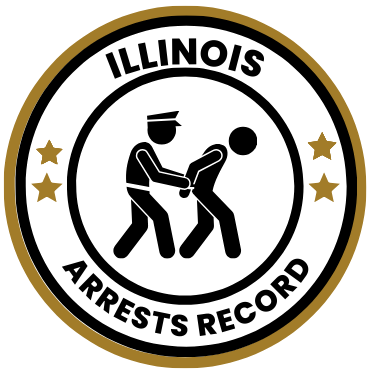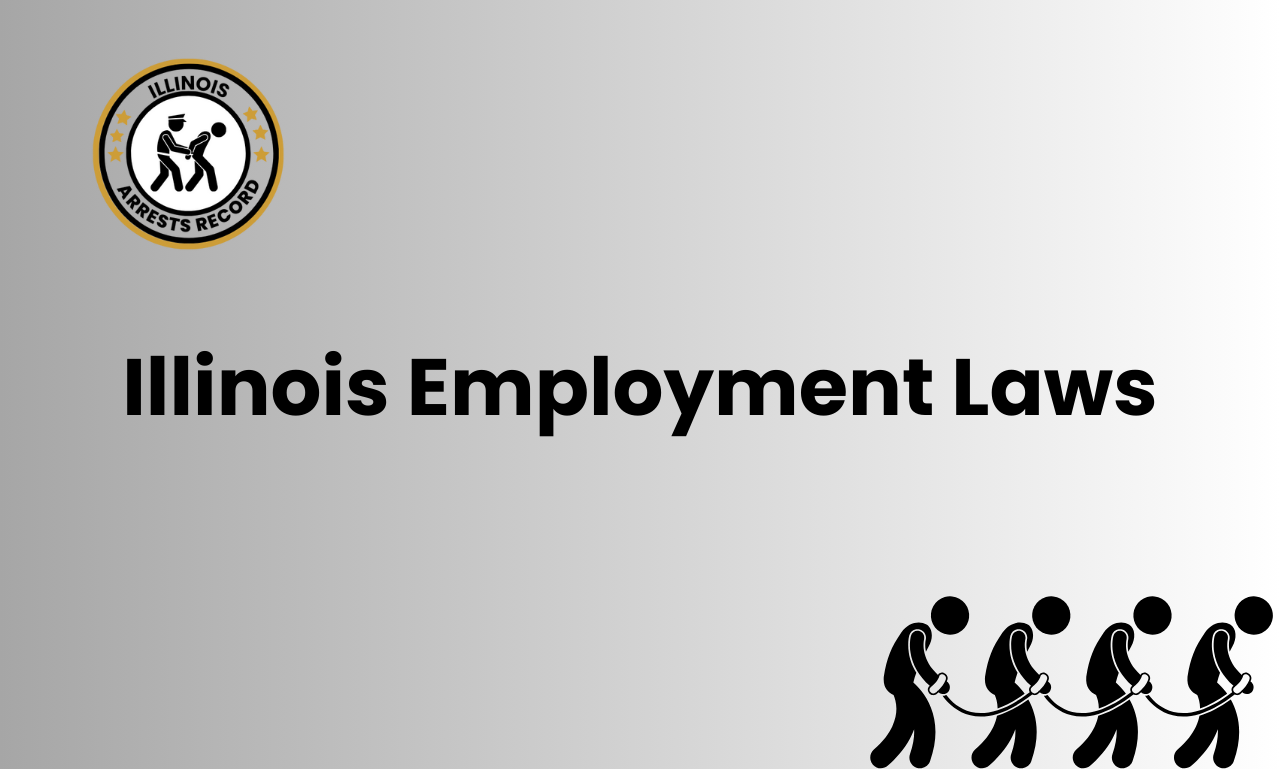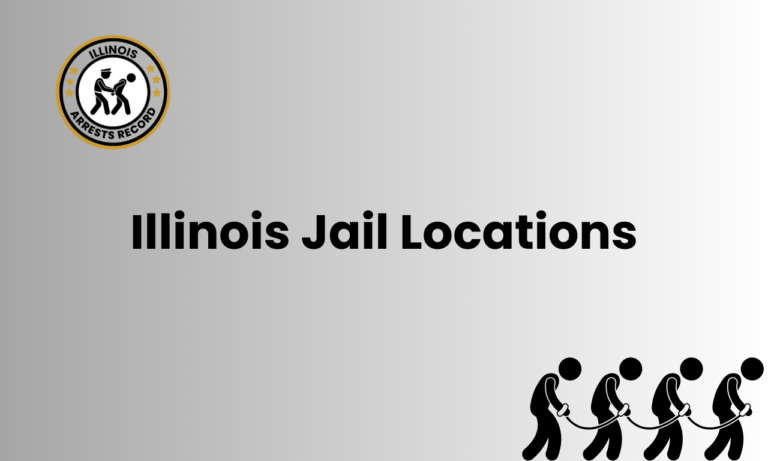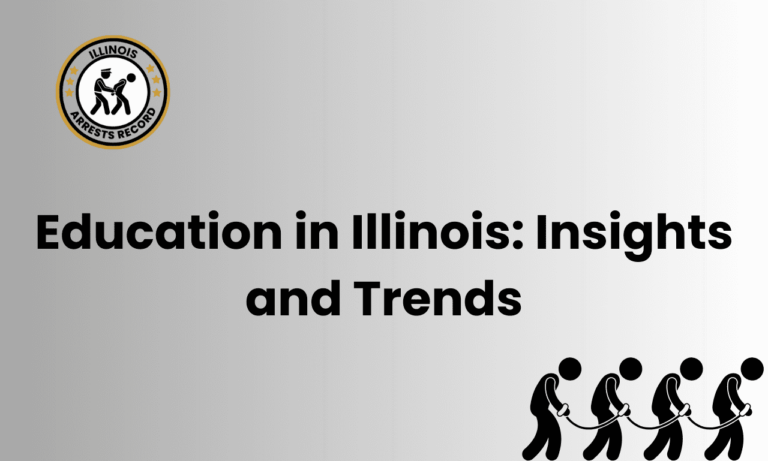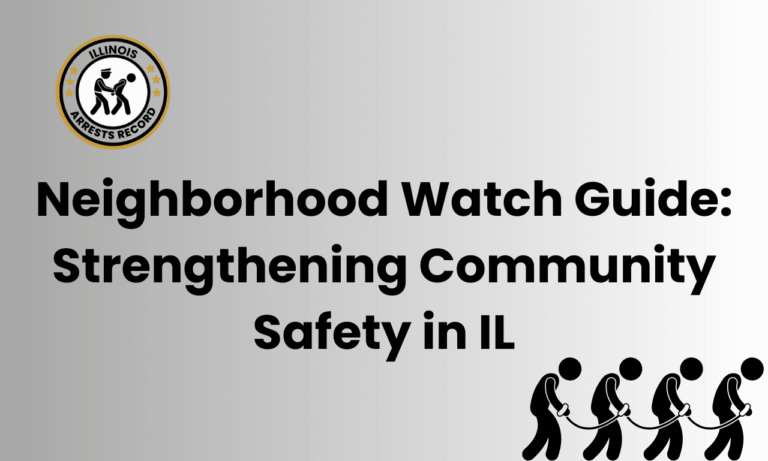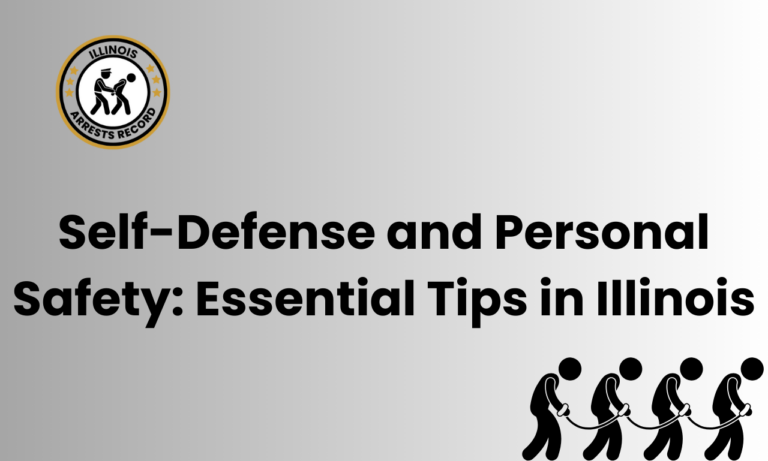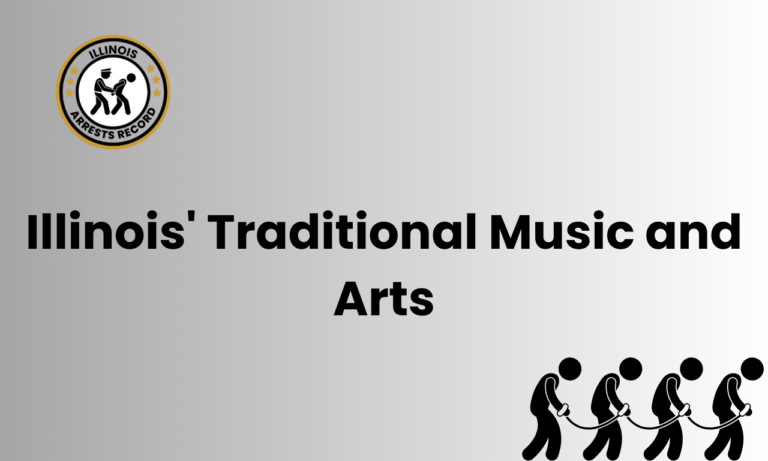Illinois Employment Laws
Whether you’re a business owner, an employee, or simply curious about the legal framework that governs employment in Illinois, this informative guide is here to provide you with all the essential information you need. From minimum wage and overtime regulations to discrimination and harassment laws, we’ll cover it all in a concise and easy-to-understand manner.
With ever-changing legislation and evolving workplace dynamics, staying up-to-date with Illinois employment laws is crucial. Our goal is to empower you with the knowledge and resources necessary to navigate the complex world of employment regulations confidently.
By exploring this guide, you’ll gain insights into the rights and protections afforded to workers in Illinois, as well as the obligations employers must fulfill. From understanding the requirements for paid sick leave to knowing how to report workplace violations, we’ll equip you with the necessary tools to ensure a fair and safe working environment.
Whether you’re a seasoned professional, a new hire, or an employer seeking compliance, this guide will serve as your go-to resource for everything related to Illinois employment laws. Let’s dive in and unravel the intricacies of the legal landscape, empowering you to make informed decisions and protect your rights.
Minimum Wage and Overtime Regulations
Ensuring fair compensation for employees is a cornerstone of Illinois employment laws. In this section, we will delve into the intricacies of minimum wage and overtime regulations to help you understand your rights as an employee or employer.
Minimum wage laws establish the lowest hourly rate that employers must pay their employees. It is crucial to be aware of the current minimum wage in Illinois and any upcoming changes that may affect your business or paycheck. By staying informed, you can ensure compliance and fair treatment for all.
Overtime regulations, on the other hand, determine the compensation employees should receive for working beyond the standard 40-hour workweek. Understanding the rules surrounding overtime and how they apply to different industries and job roles is vital for both employers and employees.
By familiarizing yourself with these regulations, you can confidently navigate the complex landscape of minimum wage and overtime laws, ensuring that your rights are protected and your obligations are fulfilled.
Navigating Discrimination and Harassment Laws
Creating a safe and inclusive work environment is of utmost importance in Illinois. In this section, we will explore the laws and protections in place to prevent discrimination and harassment in the workplace.
Illinois employment laws prohibit discrimination based on factors such as race, gender, age, disability, and religion. Understanding these laws and recognizing discriminatory practices is crucial for both employers and employees to foster a fair and equal workplace.
Harassment, including sexual harassment, is also strictly prohibited under Illinois law. It is essential to be aware of the various forms of harassment and the steps to take if you or someone you know experiences such behavior in the workplace.
By familiarizing yourself with the laws and regulations surrounding discrimination and harassment, you can contribute to a workplace that values diversity, inclusivity, and respect for all.
Staying Up-to-Date with Evolving Workplace Dynamics
Workplace dynamics are constantly changing, influenced by societal shifts and legislative updates. In this section, we will explore the importance of staying up-to-date with the evolving landscape of employment regulations in Illinois.
As laws and regulations evolve, it is crucial to stay informed to ensure compliance and protect your rights as an employee or employer. Changes in areas such as paid sick leave, family and medical leave, and employee benefits can significantly impact the workplace environment.
By staying up-to-date with Illinois employment laws, you can adapt to changing dynamics, make informed decisions, and maintain a fair and productive working environment.
Equipping Yourself with Essential Tools: Reporting Workplace Violations
Knowing how to report workplace violations is essential for both employees and employers. In this section, we will provide you with the necessary tools to address potential violations and maintain a fair and safe working environment.
Understanding the reporting process and the resources available to you is crucial in ensuring workplace violations are properly addressed. Whether it’s reporting discrimination, harassment, wage theft, or safety concerns, being aware of the appropriate channels and steps to take is vital.
By equipping yourself with the knowledge and resources to report workplace violations, you can contribute to a culture of accountability and ensure that your rights and the rights of others are protected.
Your Go-To Resource for Illinois Employment Laws
Whether you’re a seasoned professional, a new hire, or an employer seeking compliance, this guide serves as your comprehensive resource for everything related to Illinois employment laws. From minimum wage and overtime regulations to discrimination and harassment laws, we’ve covered it all.
With a responsive and visually appealing layout, this guide provides the information you need to navigate the complex world of employment regulations confidently. Each section is designed to enhance your understanding and empower you to make informed decisions.
Let’s dive in and unravel the intricacies of the legal landscape, ensuring a fair and safe working environment for all. Together, we can build a workplace that upholds the rights and responsibilities of both employees and employers in Illinois.
FAQ’s
What is the minimum wage in Illinois?
The minimum wage in Illinois is determined by state legislation and may be subject to periodic adjustments. As of my last knowledge update in January 2022, Illinois had implemented a gradual increase in its minimum wage, with the rate varying based on factors such as the size of the employer and the type of work performed. It is advisable to check the latest state labor laws or the official Illinois Department of Labor website for the most up-to-date information.
Illinois employers are generally required to offer paid sick leave under the Illinois Employee Sick Leave Act. This law mandates that eligible employees can accrue and use a certain amount of paid sick leave, allowing them to address their own health needs or those of their family members.
What are the overtime regulations in Illinois?
Illinois prohibits discrimination and harassment based on protected characteristics such as race, color, religion, sex, national origin, age, disability, and sexual orientation. Employers are required to provide a workplace free from discrimination and harassment and should have policies and procedures in place to address complaints.
How can I report workplace violations in Illinois?
If you believe your employer is violating Illinois employment laws, you can file a complaint with the Illinois Department of Labor or consult with an employment attorney. It is important to gather evidence and document any incidents before taking action.
